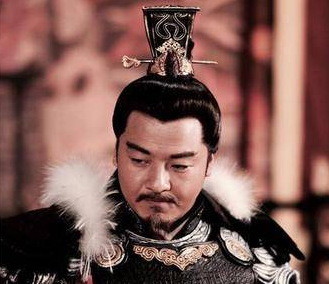Title: The British Colonial Period in Myanmar

Introduction
Myanmar, a Southeast Asian country, has long been an independent nation since ancient times. However, in the mid-19th century, Myanmar began to be colonized and ruled by the British. This article will delve into the history and impact of the British colonial period in Myanmar, introducing relevant backgrounds and historical events.
History of Myanmar
Myanmar is a country with a rich history, boasting extensive cultural heritage and traditions. Over the past few centuries, Myanmar has undergone numerous political and social transformations, including dynastic changes, civil wars, and external invasions. Nevertheless, Myanmar maintained its independence and sovereignty until the mid-19th century when it fell under British colonial rule.
Outbreak of the Anglo-Burmese Wars
The Anglo-Burmese Wars were conflicts that occurred between Britain and Myanmar in the mid-19th century. The wars stemmed from Britain's attempt to control the Myanmar region and expand its colonial territory. During these wars, British forces occupied most of Myanmar's territory and forced it to sign a series of unequal treaties. These treaties stripped Myanmar of its independence and sovereignty, transforming it into a British colony.
Impact of British Colonial Rule
British colonial rule had profound effects on Myanmar. Firstly, it destroyed Myanmar's cultural and social structures, leading to national division and instability. Secondly, it weakened Myanmar's economic strength and limited its development potential. Additionally, while British colonial rule introduced some Western culture and technology, it also brought negative impacts such as disease spread and land exploitation.
Conclusion
In conclusion, the British colonial period in Myanmar was an era filled with contradictions and challenges. Although this period brought some negative impacts to Myanmar, it also facilitated cultural and technological exchanges and developments. We should learn lessons from this history, cherish peace, and avoid the occurrence of wars. At the same time, we should respect history, preserve, and promote the cultural heritage of humanity.
Disclaimer: The above content is sourced from the internet and the copyright belongs to the original author. If there is any infringement of your original copyright, please inform us and we will delete the relevant content as soon as possible.
































